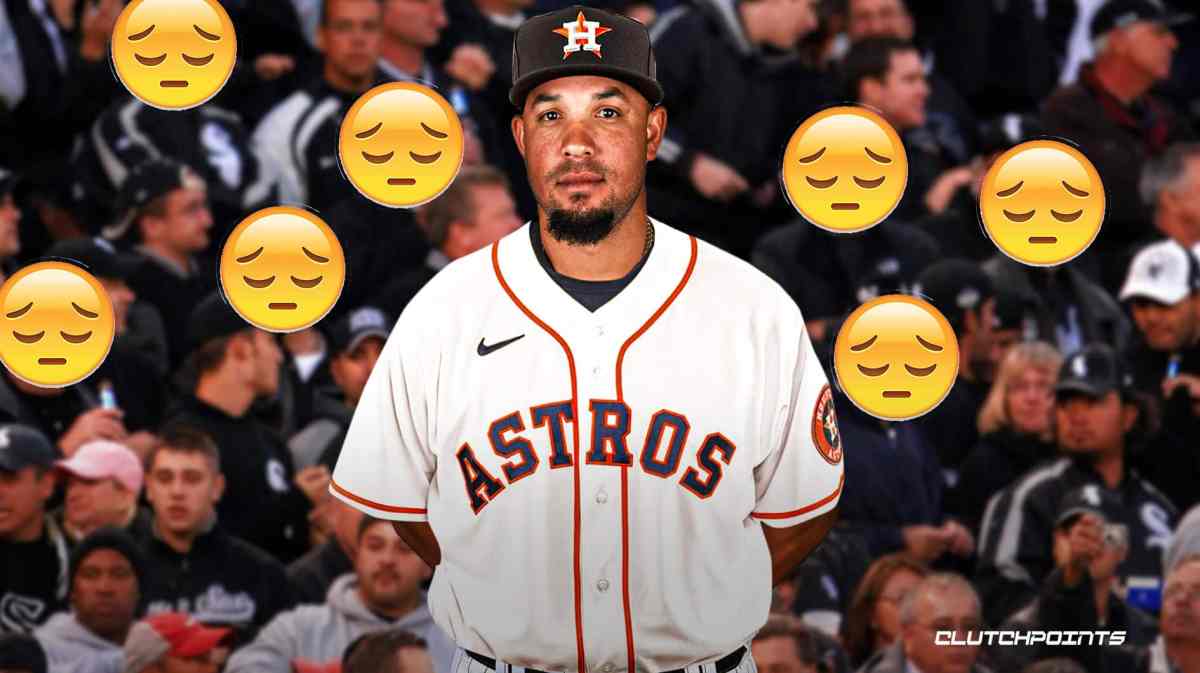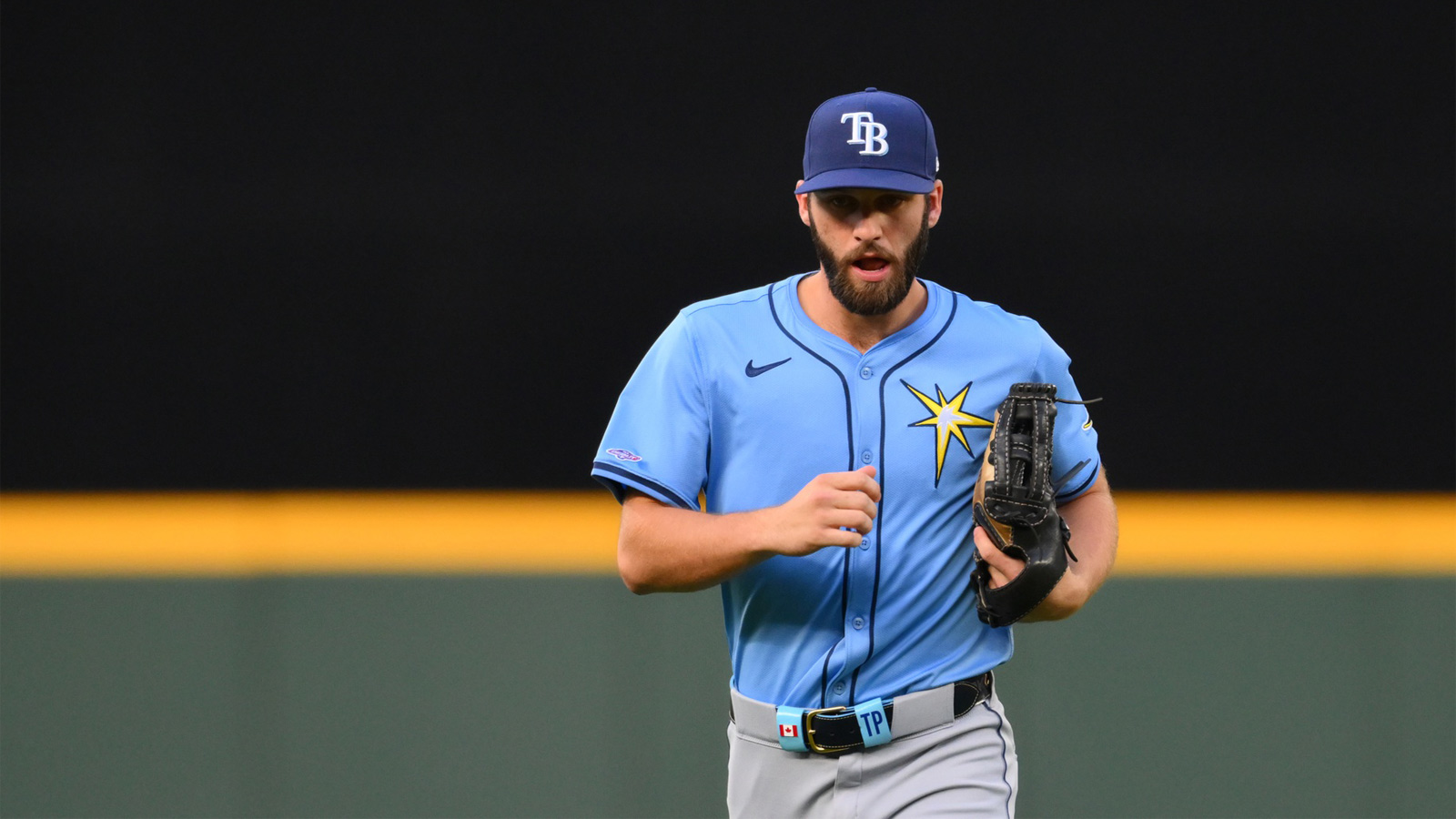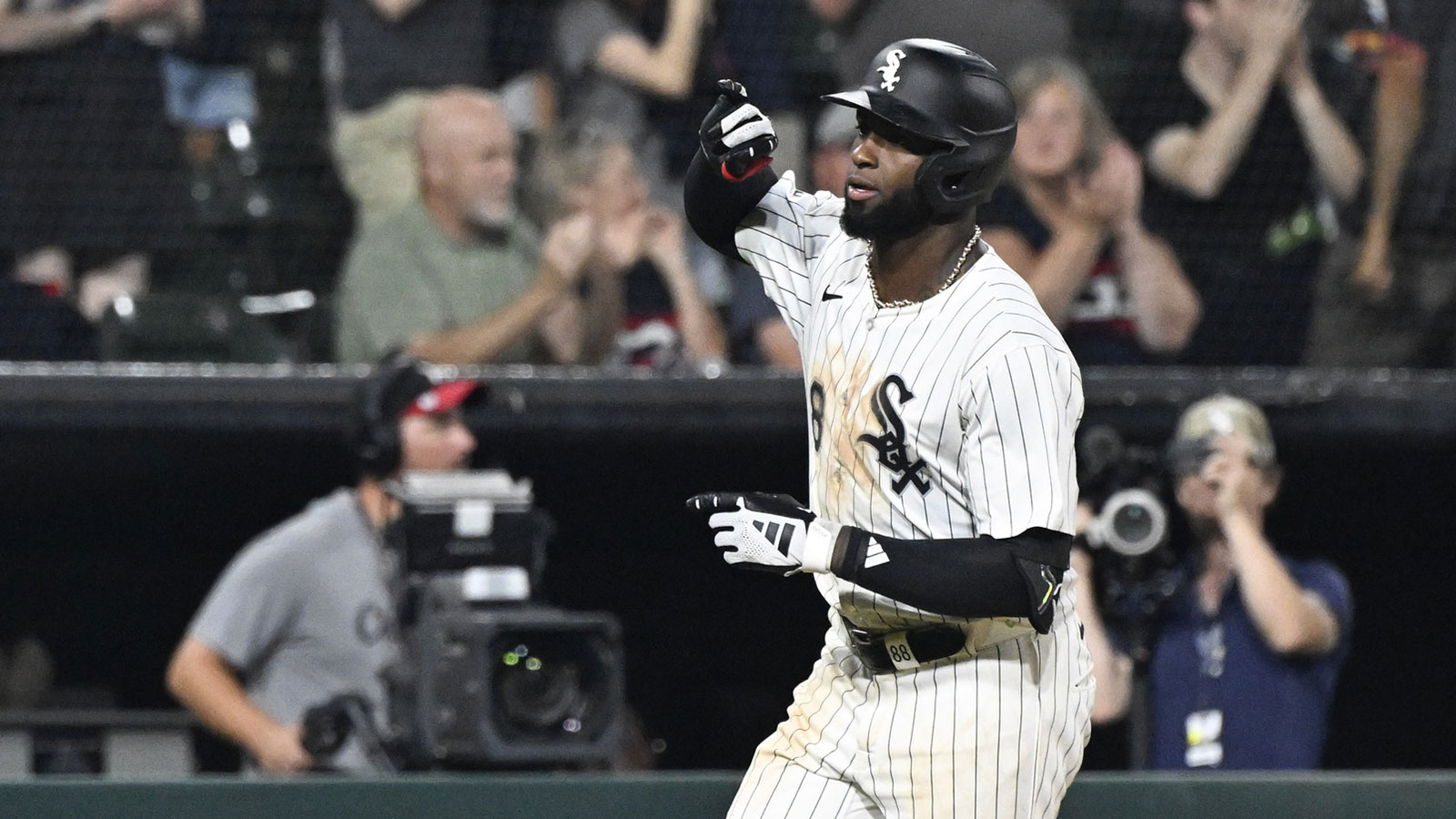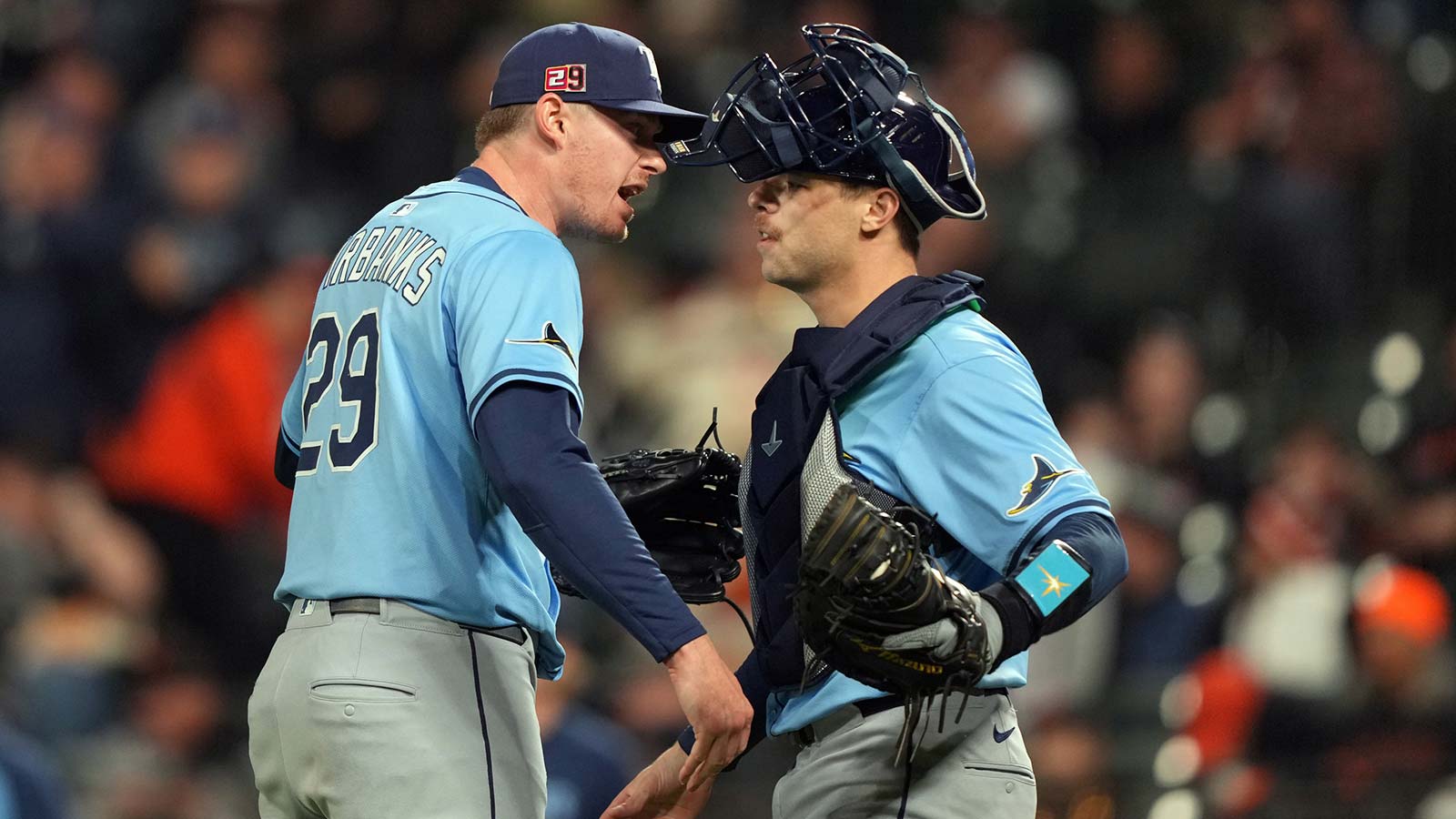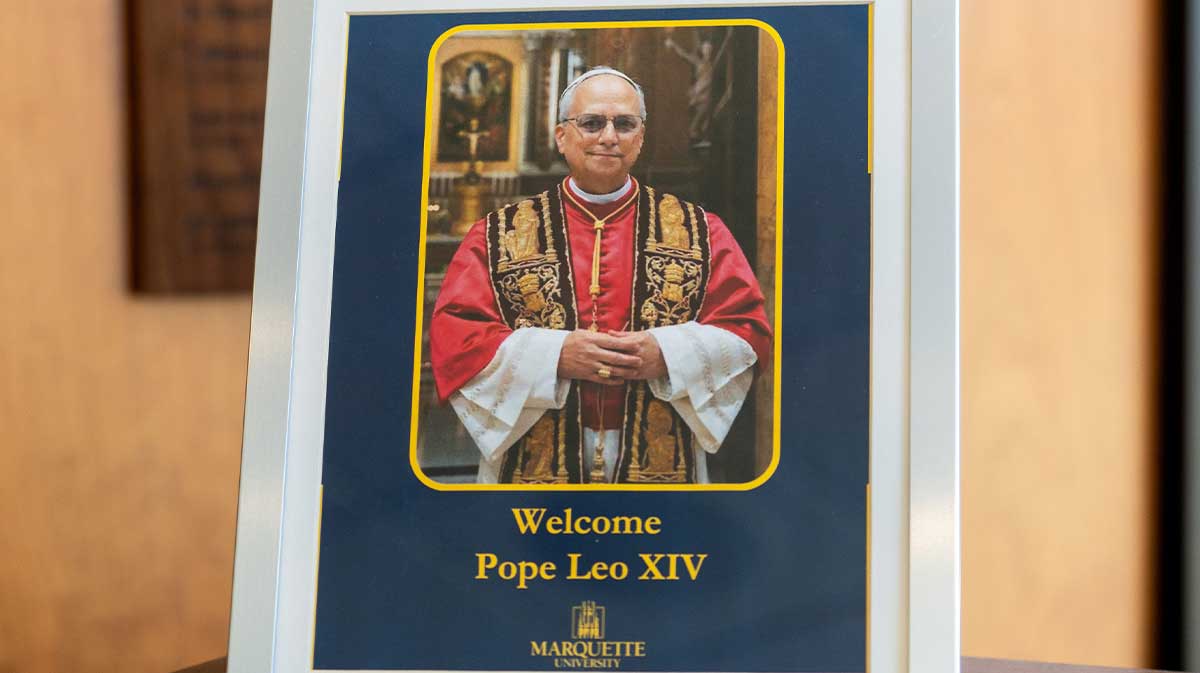The Chicago White Sox did not have the 2022 season that they were hoping for, and went into the 2023 offseason knowing they had a lot of work to do. While they didn't have a lot of resources to use to their advantage, the White Sox will enter the upcoming season looking for some bounce back campaigns from their returning cast, as well as immediate contributions from their new players.
Playing in a weaker American League Central, the White Sox will have an immediate shot to reestablish themselves as the team to beat in their division, but bouncing back from their disappointing 2022 campaign is going to be easier said than done. Still, Chicago has the talent to do so, and counting them out certainly wouldn't be wise.
Chicago likely hasn't made all the moves they have wanted to this offseason, but they have done a decent job at shoring up their roster based on what we saw from them last season. But it may end up being the one big move that the White Sox didn't make that comes back to bite them, so let's see what that move is and why it could hurt the Sox.
White Sox riskiest offseason move: Letting Jose Abreu leave in free agency
Chicago knew they were going to have a tough decision to make on their longtime first baseman Jose Abreu this offseason. Abreu had been one of the best hitters in the league since joining the White Sox back in 2014, and he's held down the fort at first base in each season since then. The parts around him have been constantly moving, but Abreu has ensured that their lineup will continue to tick, regardless of who he is playing alongside him.
The success Abreu experienced with the Sox cannot be overexaggerated here. He almost always is in the MVP conversation in the American league, and even won the award in the shortened 2020 season. Even as he gets older (Abreu turns 36 next Sunday) he has remained an extremely consistent source of production at the plate.
That certainly rang true in 2022, the production just looked a little bit different (.304 BA, 15 HR, 75 RBI, .824 OPS). Abreu traded his power for a bit more contact, but anytime someone hits above .300 over the course of a full season, you can't really complain. Heading into free agency, Abreu seemed set to earn a nice pay raise.
The problem was that the White Sox never truly seemed interested in bringing Abreu back. There were some rumors that they were making a late push, but from the get go, they seemed indifferent when it came to whether or not he returned, which was extremely confusing. This guy had been an absolute monster at the plate over the past nine seasons, and Chicago simply let him leave without putting in any sort of effort to retain him.
Even worse, Abreu ended up signing with the Houston Astros, who are fresh off winning the 2022 World Series. Adding Abreu allows them to shore up easily the biggest hole on their roster, and for a White Sox team looking to reemerge as just a playoff contender, they allowed the top team in the AL to get even stronger by adding Abreu.
Right now, Andrew Vaughn is set to take over at first base, but it's clear he isn't the same player Abreu is. Without even accounting for all of the other problems they have on their roster, they are likely going to watch first base, which had been a spot where they had received consistently high quality production, give them mediocre at best production moving forward, unless Vaughn manages to breakout.
Abreu was the anchor of an underperforming lineup, which means that this just adds to their woes. They have some prospects who could make some contributions, and their big free agent splash in Andrew Benintendi should be a good fit on a relatively cheap deal, but there are still tons of questions in this lineup.
Can their flaws be overcome without Abreu? Maybe, but it's going to take a lot of things to go their way after a season where nothing went their way. Can Yasmani Grandal and Yoan Moncada put together bounce back campaigns? Can Tim Anderson, Luis Robert, and Eloy Jimenez stay on the field? No one knows, but having Abreu, who played at least 145 games in all but two seasons (one being the shortened 2020 campaign, in which he played all 60 games) would have certainly helped.
Instead, the White Sox let him walk in free agency without making much of a push to re-sign him. Sure, he's going to be 36 years old, and has already shown a bit of a decrease in his power, but Chicago seemed to think that this was a move they could afford to make when in reality, they couldn't. And now they have a huge hole in their lineup that doesn't look like it will be getting filled anytime soon, making this decision to move on from Abreu very risky.

